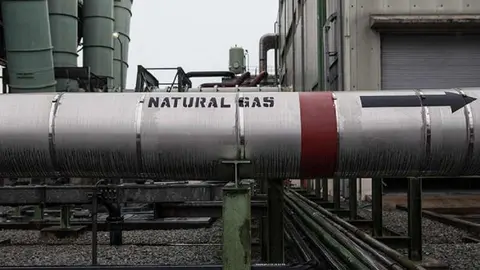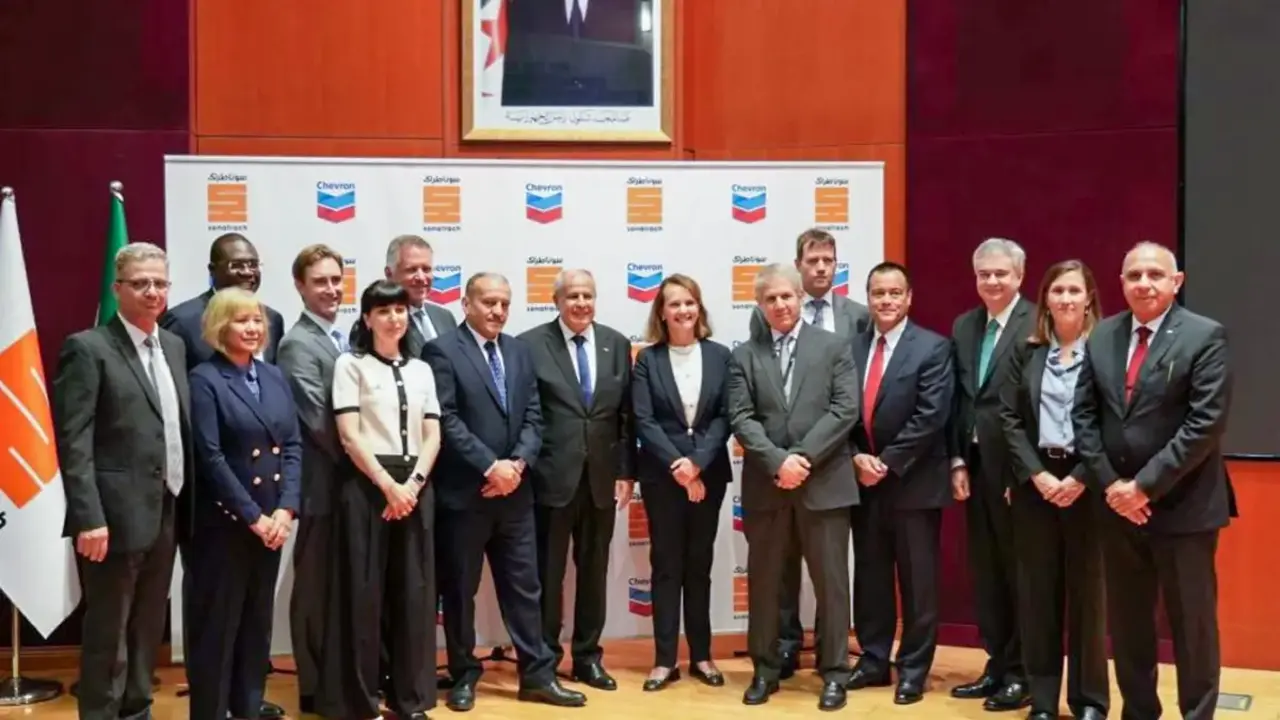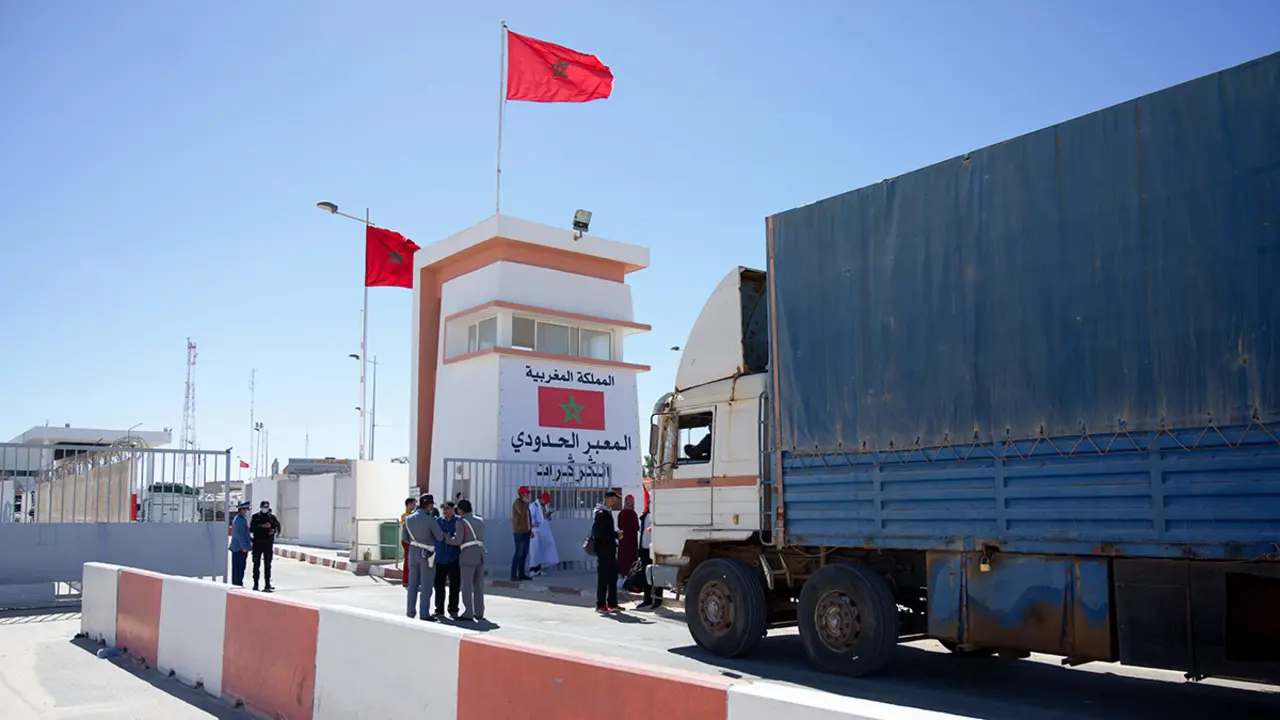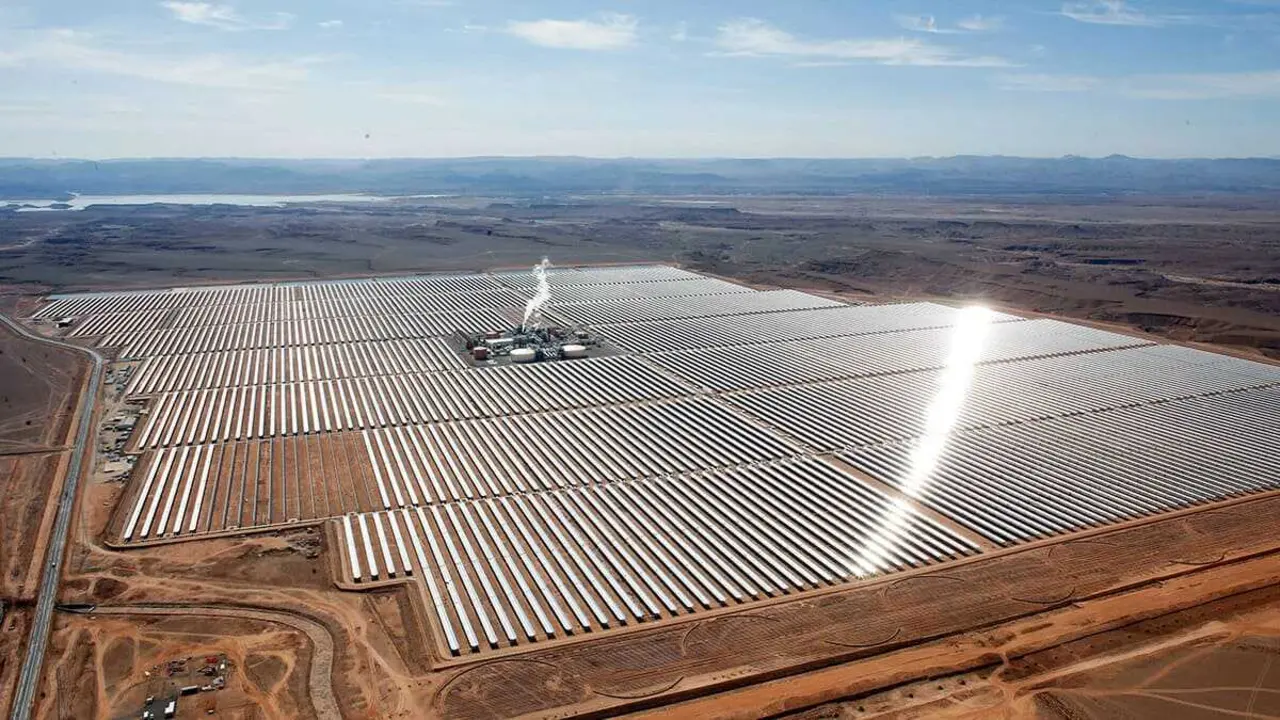New natural gas reserve discovered in Morocco

Morocco continues to explore for energy resources in the country. After several discoveries in hydrocarbon exploitation around various enclaves such as Larache, Agadir, Tarfaya, Essaouira and Tendrara, a new natural gas well has now been discovered in the El Gharb basin, near Kenitra, in the northwest of the Moroccan kingdom.
In this sense, the British company SDX Energy announced the discovery of this important natural gas reserve in El Gharb, in the so-called Qusairi 21 well, which may represent a new qualitative leap for Moroccan energy production, which plays in favour of its future self-sufficiency and even its future cataloguing as an energy exporter for other countries.
In an official statement, the British company said that this discovery is a great endorsement of its efforts in the country in the energy sector, which were used for prospecting in the area, which stands out for its hydrocarbon potential.

Although the exact amount of gas discovered in the Qusairi 21 well has not yet been determined, it is estimated that there may be a large gas reserve, as reported by Nador City.
At El Gharb, gas fields have been worked for some time now through a partnership between the Moroccan National Office of Hydrocarbons and Mines (ONHYM), which holds 25% of the exploitation, and the company SDX Energy, which holds 75% of the rights in the area. The company has been exploiting 150,000 cubic metres of gas, which is delivered daily through pipelines to seven clients operating in the free zone and industrial zone of Kenitra, as reported by the Al-Akhbar media. Now, these resources may grow with the new gas discovery in El Gharb.

Morocco's energy future
This is further good news for Morocco on the energy and national economic front, as it is another stimulus to help reduce its dependence on gas imports and increase its energy independence. This new discovery may also help create new employment opportunities and enhance regional and national economic development.
As such, expectations for natural gas resources continue to grow strongly in Morocco. The North African country has historically depended on foreign markets for its energy supply due to a lack of its own resources, but in recent years there have been explorations and discoveries of both oil and gas reserves that are exponentially increasing the country's resources in the energy sector.
The Minister of Energy Transition and Sustainable Development, Leila Benali, recently announced the discovery of new reserves that would allow Morocco to increase its natural gas production by 300%. The challenge, according to media outlets such as Asharq Business, is to achieve an annual production of 400 million cubic metres compared to the 100 million cubic metres currently produced.

This energy production boom would make it possible to cover 40% of national consumption, according to Minister Leila Benali, as reported by Economía del Este. In an interview on the sidelines of the Bloomberg Forum for the New Economy in Africa, held in Marrakech a few months ago, the minister reported on important discoveries in sites such as Tendrara and Larache, with a production capacity of at least 300 million cubic metres, discoveries that will cover electricity production needs for about 20 years. The aim is to ensure that by 2050 the country's energy consumption will go from 90% imported energy from abroad to 80% local production, thanks to the contribution of these new energy prospects in Moroccan territory.
Morocco's annual consumption of natural gas is estimated at around one billion cubic metres, which is obtained through imports from Spain, Portugal and France, as the Minister for Energy Transition and Sustainable Development herself explained, and the expected 300% increase in production would be good news because it would reach 400 million cubic metres per year.
On the other hand, Morocco is also working on alternative and renewable energy sources to avoid environmental pollution and reduce the use of fossil fuels. Morocco has already proposed a programme aimed at basing a high percentage of its energy plan on clean energies by 2050, given the high level of pollution caused by fossil fuels. The more short-term objective for 2030 is for 52% of the country's electricity production to come from renewable energies.









